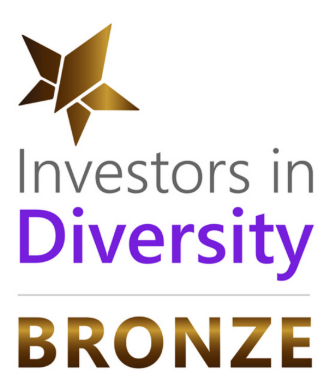EQF Advisory Group Meeting March 2023
The European Qualifications Framework Advisory Group (EQF-AG) met virtually on 28 February and 1 March for the 61st meeting of the group. The meeting included updates on validation in practice; learning opportunities in Europass; microcredentials in Europe; EQF evaluation; and the Ukrainian National Qualifications Framework.
Validation in practice: National hairdresser award in Ireland
Ireland featured prominently on the agenda with a case study presented by the Limerick and Clare Education and Training Board regarding the Level 6 Advanced Certificate in Hairdressing apprenticeship awarded by QQI. This case study, the first of its kind, highlighted the important role of recognition of prior learning (RPL) and validation of non-formal learning in making awards to hairdressers with years of working experience. The case study was well received by the Advisory Group.
Results of the Europass AG project group on learning opportunities in Europass
The Europass Advisory Group of which QQI is a member joined the EU commission in presenting high-level results including revision of the QDR publishing agreement, connection with EU databases, distinction between learning opportunities and qualifications and delegation option of the QDR. QQI outlined the planned pilot in Ireland which will see delegation of the upload of microcredentials to the QDR through the IUA microcredentials project.
Microcredentials for European labour market education and training
Cedefop presented a first mapping of microcredentials focusing on their characteristics, functions and links with evolving qualifications systems. Much of what was presented was consistent with the Irish experience. Ireland was held up as an example of leaders and innovators in this space which will be reflected in the updated NFQ inventory due for publication in 2023.
EQF Evaluation
The external independent study supporting the evaluation of the 2017 EQF Council Recommendation, launched in May 2022, is nearing conclusion. Preliminary findings were presented to the EQF AG at this meeting and the final report will be submitted in May. The findings will be disseminated in online webinars.
Comparison report of European Qualifications Framework and Ukrainian National Qualifications Framework published
The European Commission launched its report Comparison of the European Qualifications Framework and the Ukrainian National Qualifications Framework, written jointly with Ukrainian and European partners, and the European Training Foundation (ETF).
The report is the result of a pilot project to explore the value of comparing third countries’ national qualifications frameworks (NQF) with the European Qualification Framework (EQF). It is an important step in facilitating the recognition of qualifications and skills between EU member states and non-member states, improving cross-border career, employment and study opportunities for individuals, and ensuring companies and economies make better use of skills.
To facilitate integration of displaced Ukrainians into EU labour markets and to ensure they can find jobs that match their skills, their qualifications need to be understood. This comparison report makes it possible by demonstrating how Ukrainian qualifications compare with the EQF.
The report is the first of its kind and the in-depth comparison and analysis will prove to be a useful tool for practitioners, policymakers, educational institutions and citizens alike, both in Ukraine and beyond. The report is part of the European Commission’s wider initiative to work with countries outside the EU as outlined in the 2017 EQF Recommendation.
The EU Talent Pool
The Talent Pool concept broadly looks to meet a number of issues facing Europe as we meet current and future labour market demands and respond to demographic trends, so that we can build more resilient societies and meet our future skills needs.
While background work has examined the management of migration, issues arising in international recruitment have also been identified, including:
(i) difficulties in identifying, selecting and recruiting interested third-country nationals,
(ii) a lack of support and guidance; and
(iii) high costs associated with finding suitable candidates and assessing their skills, uncertainties about authenticity and comparability of qualifications, and supports for professional qualifications recognition and recruitment.
The intersectionality between migration policy, the experience of migrants and the shared work of the education and training community in recognition and supporting integration is an important feature of what is known as ‘better labour matching’- where people work at levels consistent with their qualifications and skills.
Learn more: EU Talent Pool (europa.eu)


